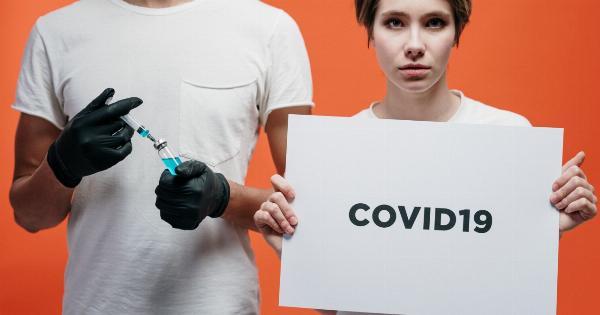Testosterone is a hormone that is naturally produced in both males and females, but it is primarily known as a male hormone. It plays a vital role in the development of masculine physical characteristics and in regulating sexual function in men.
As men age, their testosterone levels decline, leading to changes in sexual function and mood. Decreased libido and depression are two common symptoms of low testosterone levels. However, hormone replacement therapy, including testosterone replacement therapy (TRT), can help increase testosterone levels and improve libido and mood in older men.
What is testosterone?
Testosterone is a steroid hormone that is produced in the testes in men and in the ovaries in women. It is also produced in small amounts in the adrenal glands.
Testosterone is responsible for the development of male physical characteristics, such as facial and body hair, a deep voice, and muscle mass. It also plays a role in regulating bone density and red blood cell production. In women, testosterone is involved in maintaining muscle mass and bone density.
The effects of aging on testosterone levels
As men age, their testosterone levels naturally decline. According to the American Urological Association, testosterone levels decrease by an average of 1-2% per year after the age of 30.
By the age of 70, approximately 30% of men have low testosterone levels. This decline can lead to changes in sexual function, including decreased libido, erectile dysfunction, and reduced ejaculate volume. It can also cause changes in mood, including depression and fatigue.
The link between testosterone and libido
Testosterone plays a key role in regulating sexual function in men. It is responsible for initiating sexual desire, or libido. Low levels of testosterone can lead to a decrease in libido, as well as difficulty achieving and maintaining an erection.
Testosterone replacement therapy (TRT) has been shown to increase libido and improve erectile function in men with low testosterone levels.
The link between testosterone and mood
Testosterone also plays a role in regulating mood and cognitive function in men. Low levels of testosterone have been linked to depression, fatigue, and decreased cognitive function.
TRT has been shown to improve mood and cognitive function in men with low testosterone levels.
Benefits of testosterone replacement therapy
TRT can help increase testosterone levels in older men, improving sexual function, mood, and cognitive function.
A study published in the Journal of Sexual Medicine found that TRT improved libido, erectile function, and overall sexual satisfaction in men with low testosterone levels. Another study found that TRT improved depression symptoms in older men with low testosterone levels.
Risks of testosterone replacement therapy
While TRT can be effective in improving sexual function, mood, and cognitive function in older men, it is not without risks. TRT can increase the risk of blood clots, stroke, and heart attack.
It can also cause an increase in red blood cells, which can increase the risk of blood clots. In addition, TRT can increase the risk of prostate cancer. It is important for men considering TRT to discuss the risks and benefits with their healthcare provider.
Conclusion
Testosterone plays a vital role in regulating sexual function, mood, and cognitive function in men. As men age, their testosterone levels naturally decline, leading to changes in sexual function and mood.
TRT can help increase testosterone levels, improving libido, mood, and cognitive function in older men. However, TRT is not without risks, and it is important for men to discuss the risks and benefits with their healthcare provider before starting treatment.





























